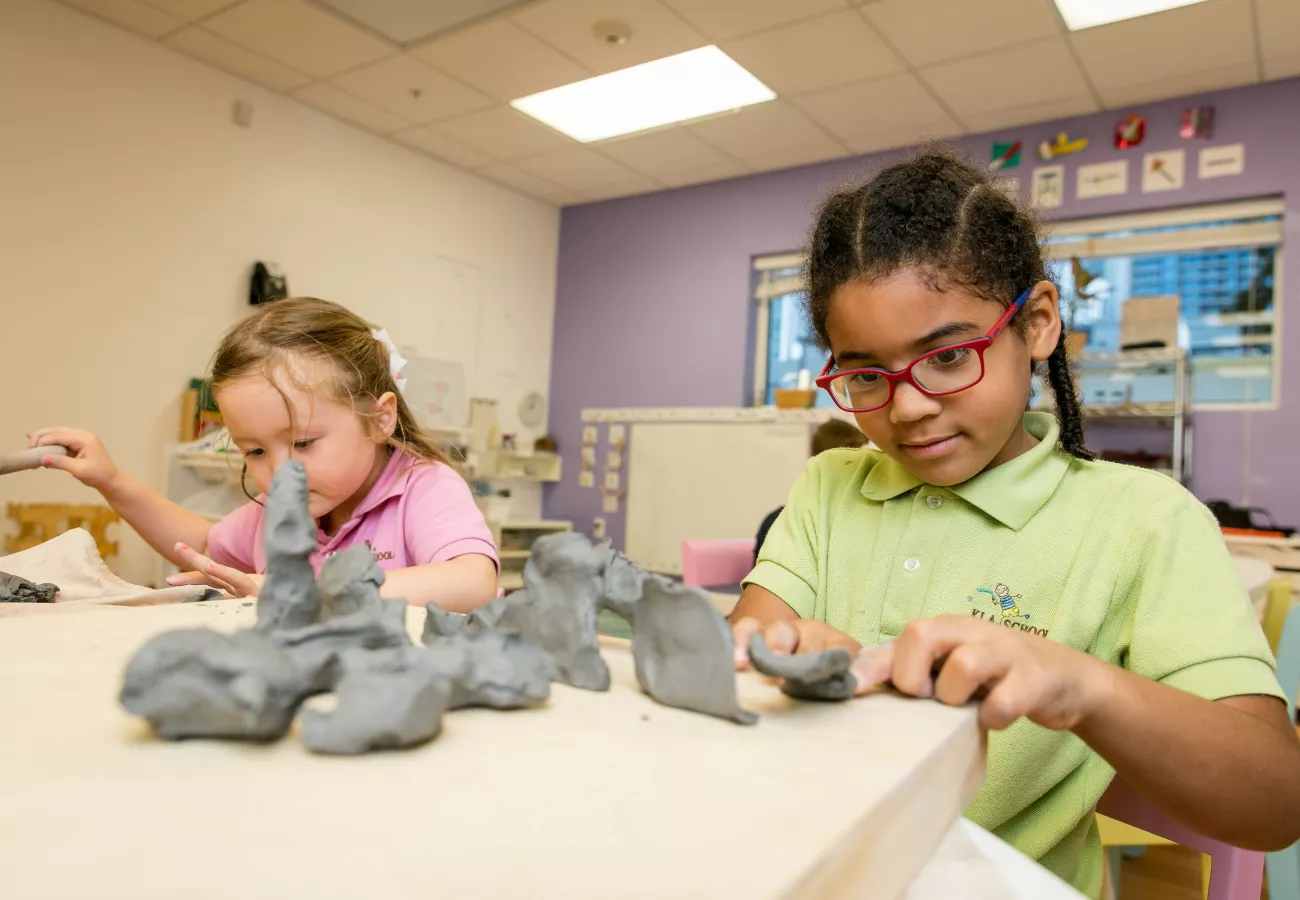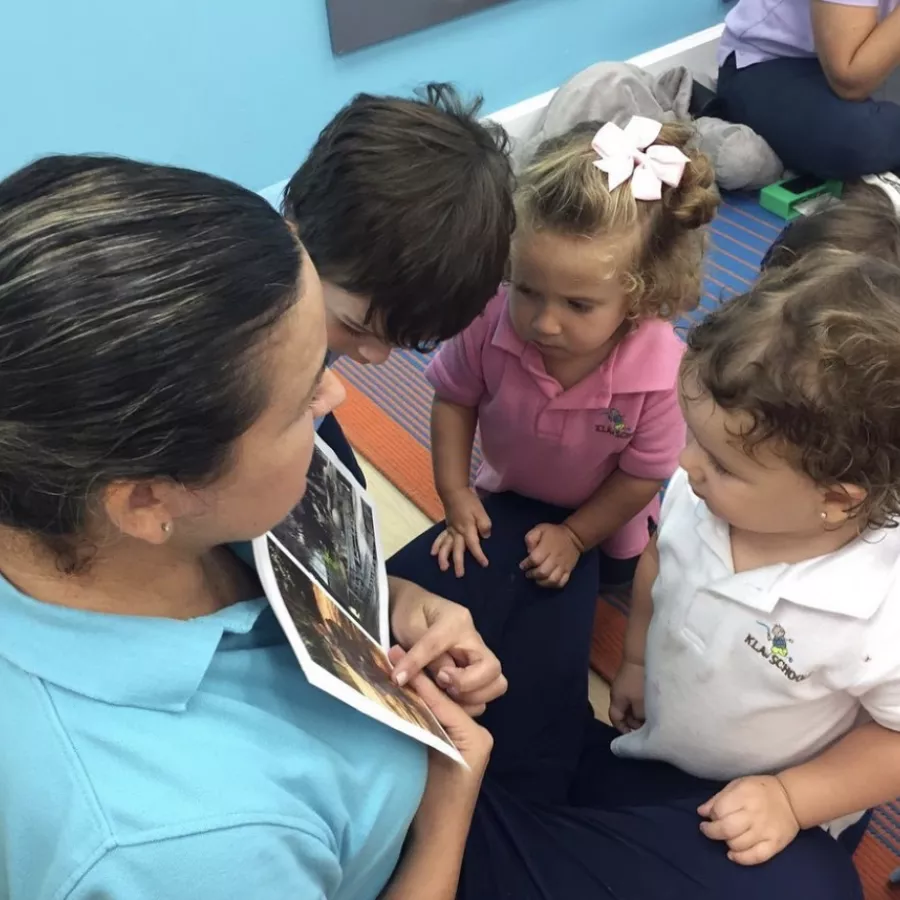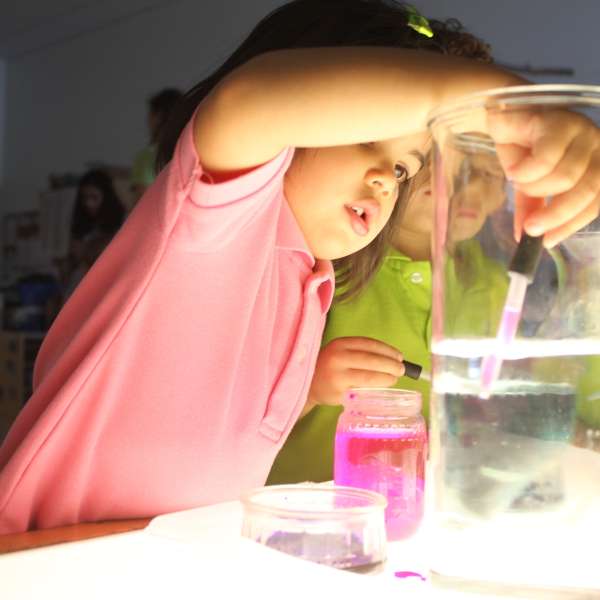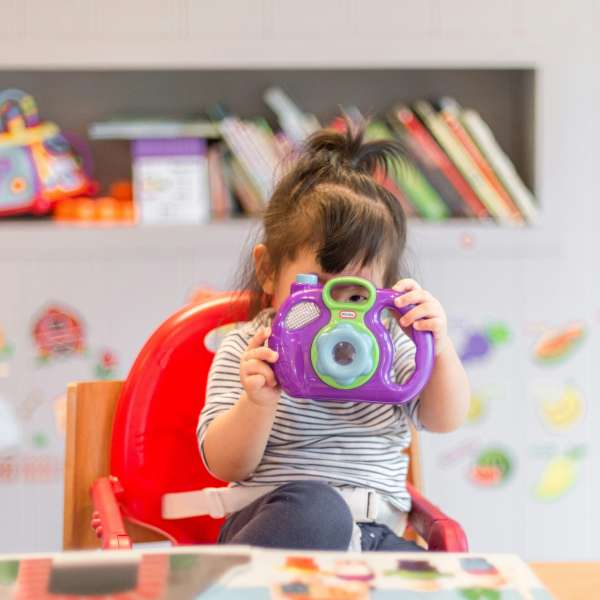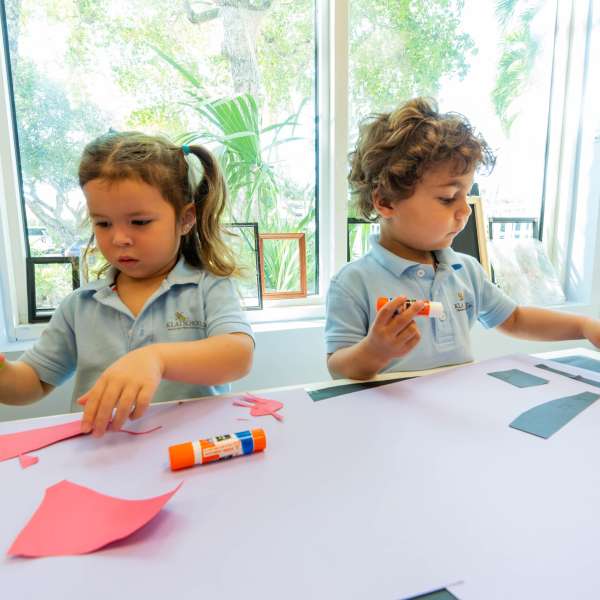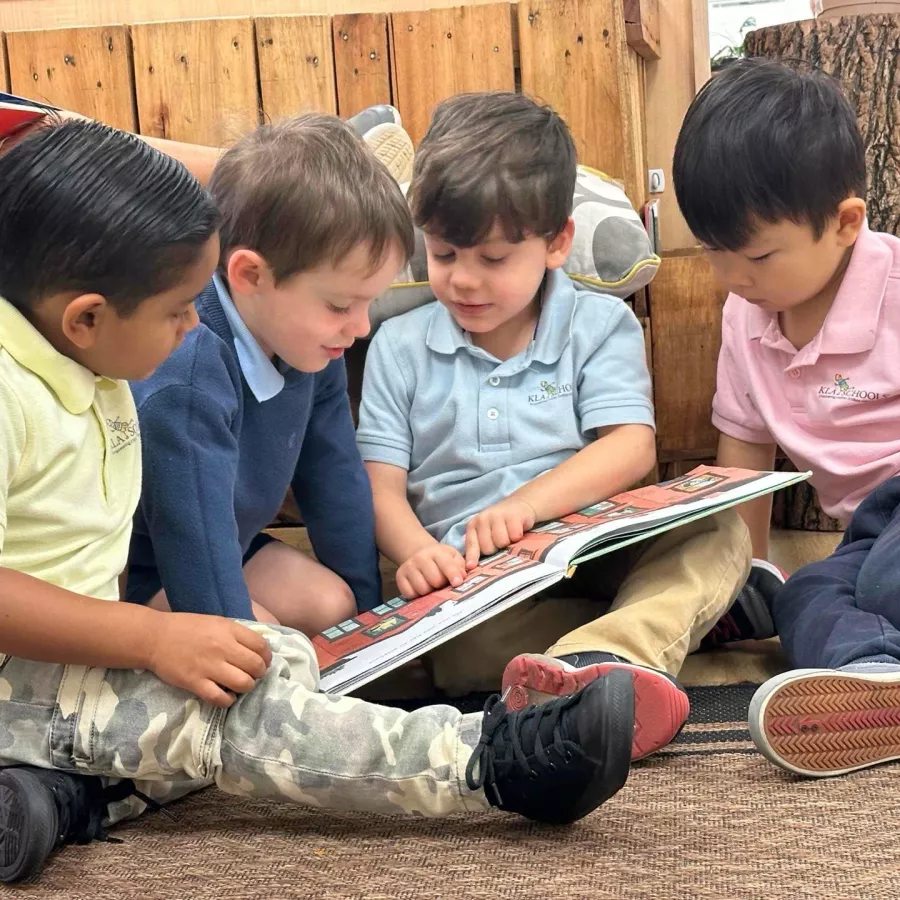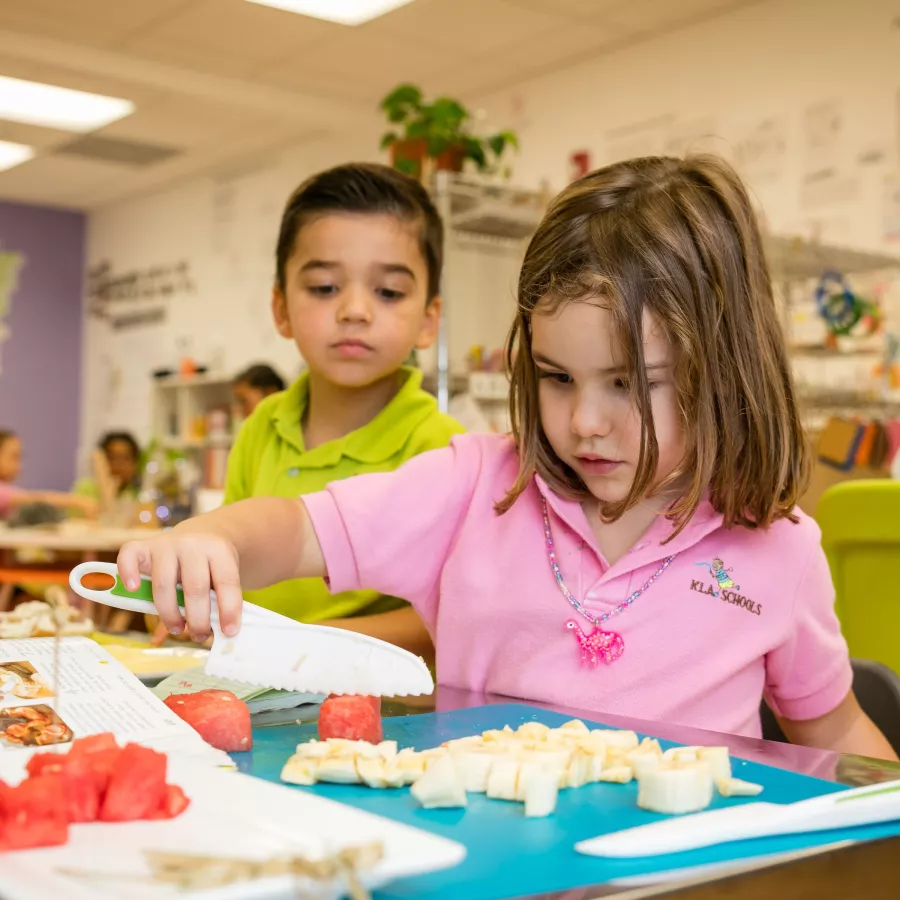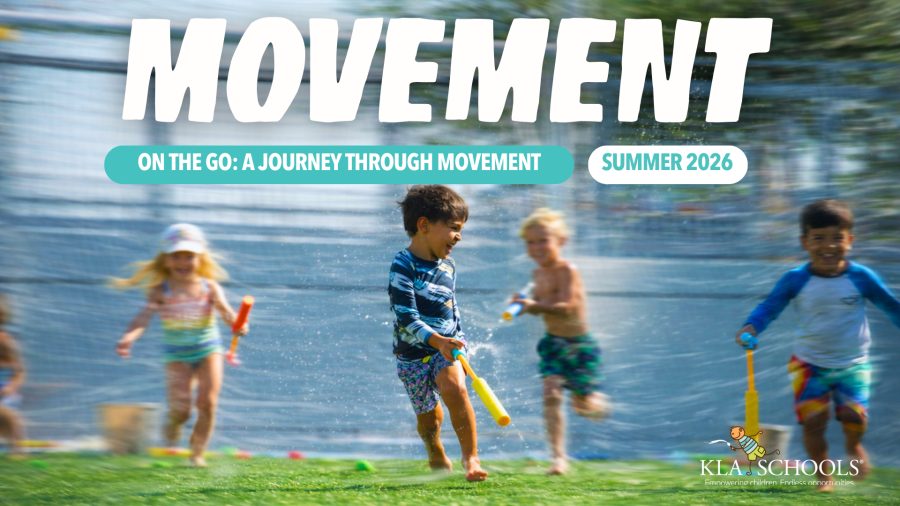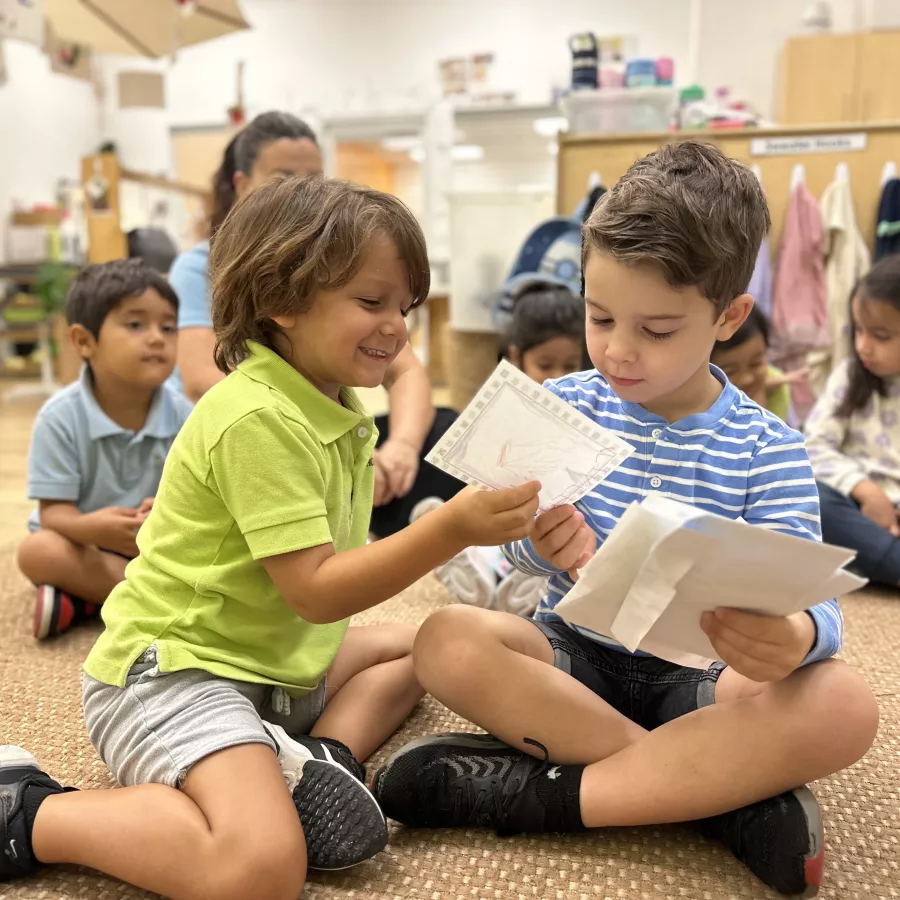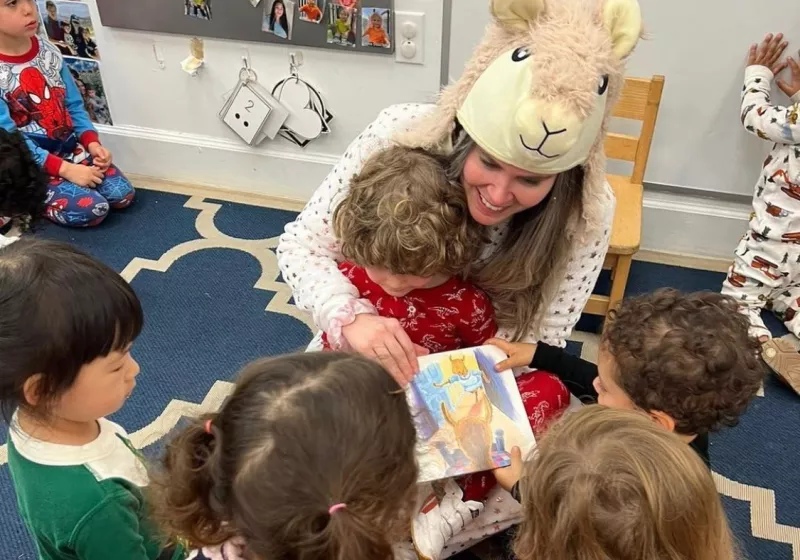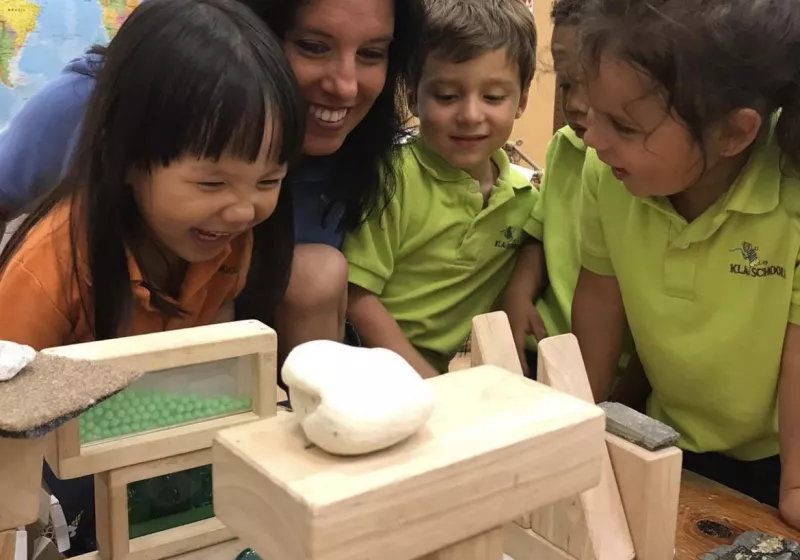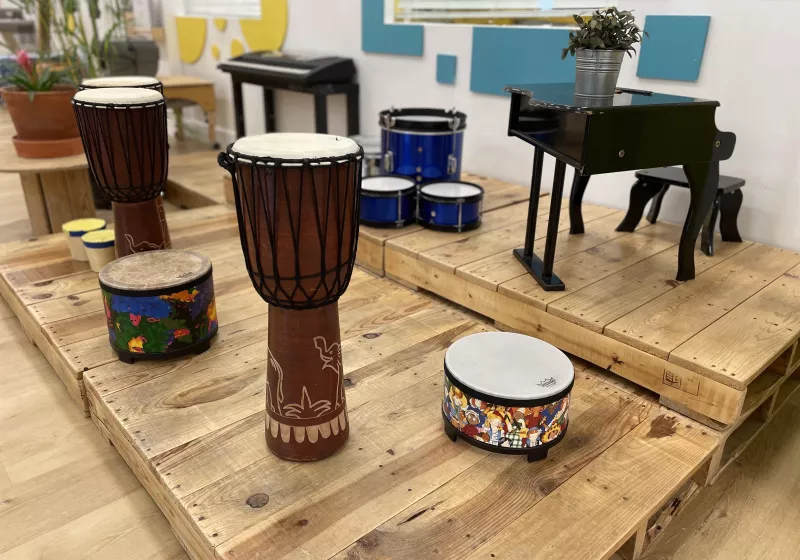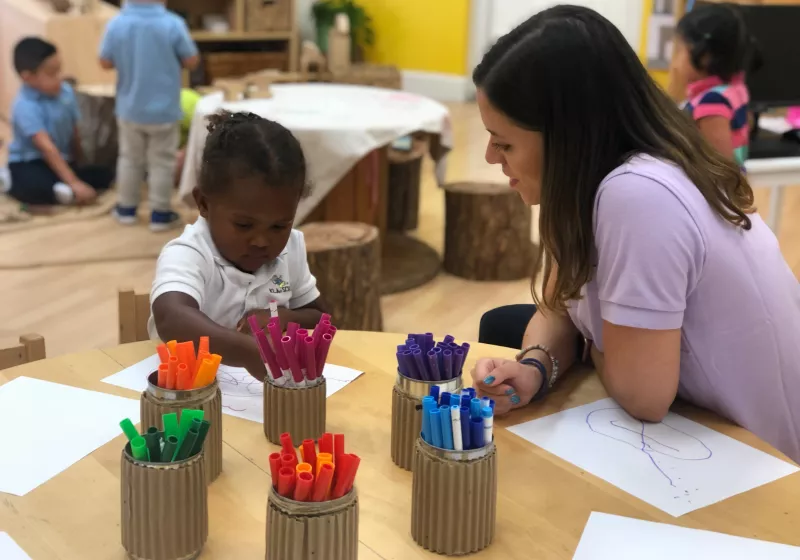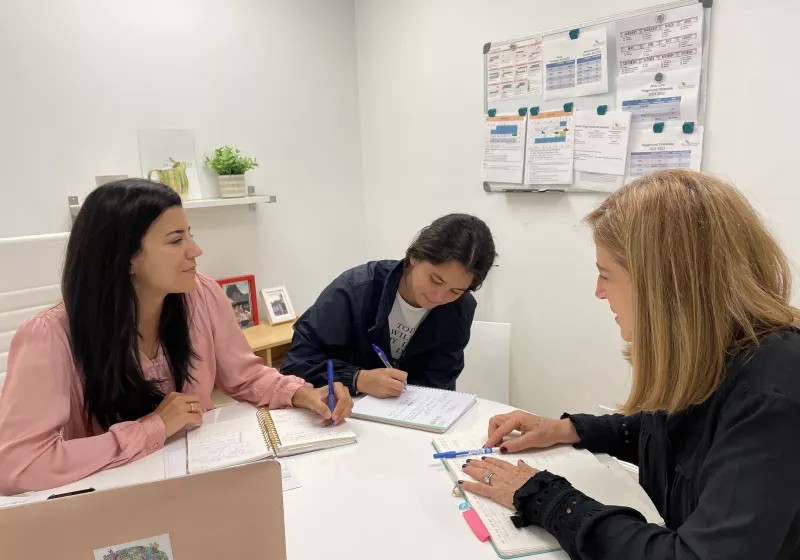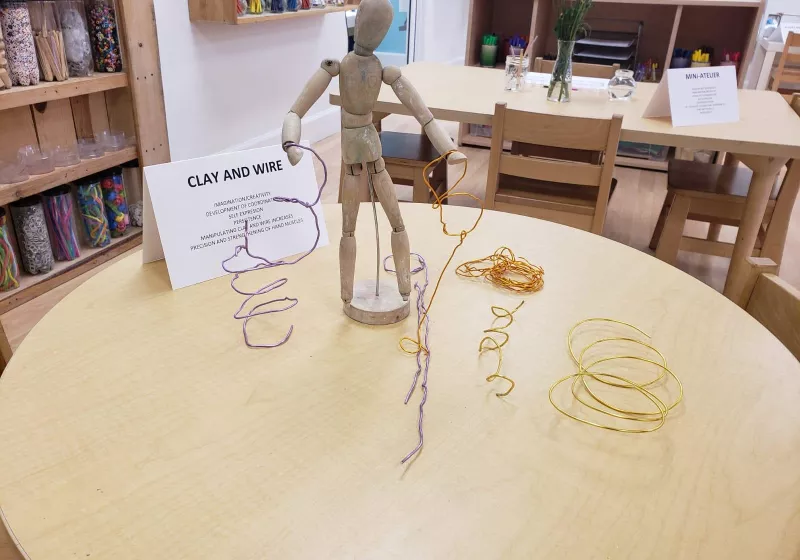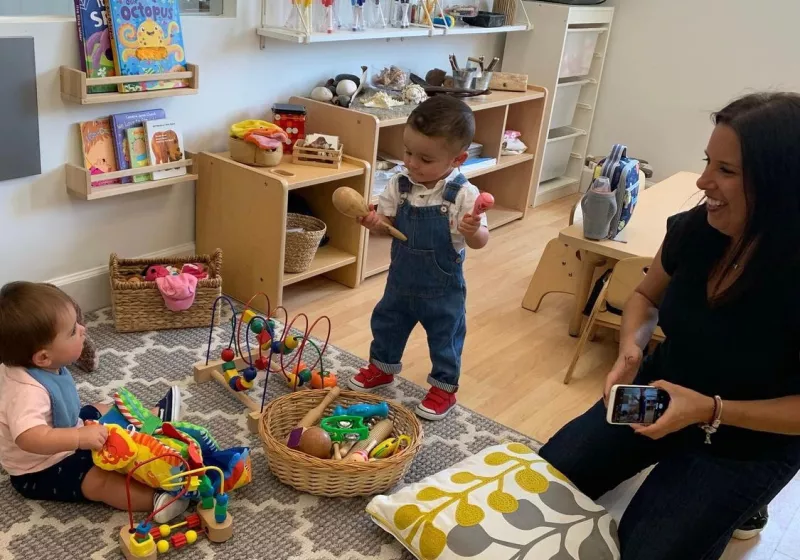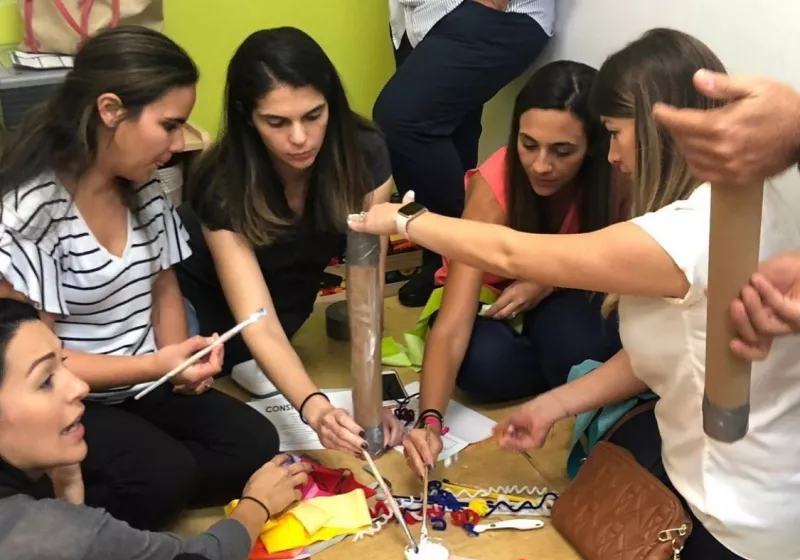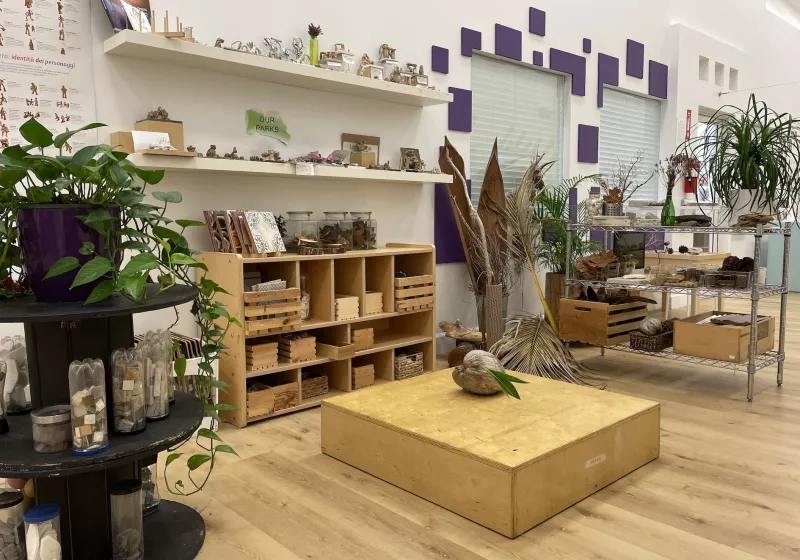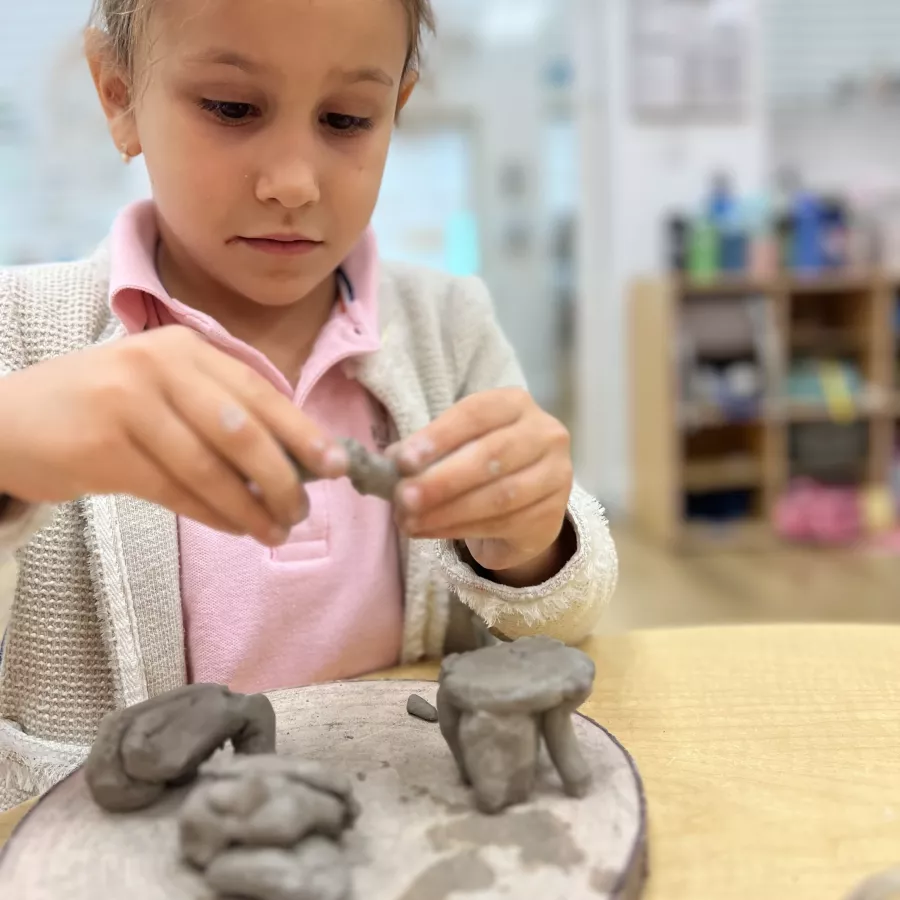Your child should only have one Preschool experience. It’s essential to get it right.
We believe that a child’s earliest years lay the foundation for everything that follows, from preschool to lifelong success. That is why our approach is guided by research and inspired by the Reggio Emilia philosophy, creating a learning experience that blends school readiness with joyful, child-centered exploration from the very beginning.
- We see every child as capable, curious, and full of potential. Our curriculum encourages self-expression through various “languages,” including art, music, movement, and play, nurturing creativity and independent thinking in every moment of learning.
- Instead of following a fixed path, our emergent curriculum grows from children’s own ideas and questions, empowering them to lead the way through hands-on projects and meaningful exploration.
- Our classrooms are thoughtfully designed to inspire, spark imagination, and encourage collaboration, serving as a “third teacher” in each child’s learning journey.
- Our educators act as guides and co-learners, observing closely and engaging with children to deepen understanding and support growth.
- Families are a vital part of our school community. Strong partnerships with parents create the most powerful learning experiences, because children thrive when learning is shared between school and home.
